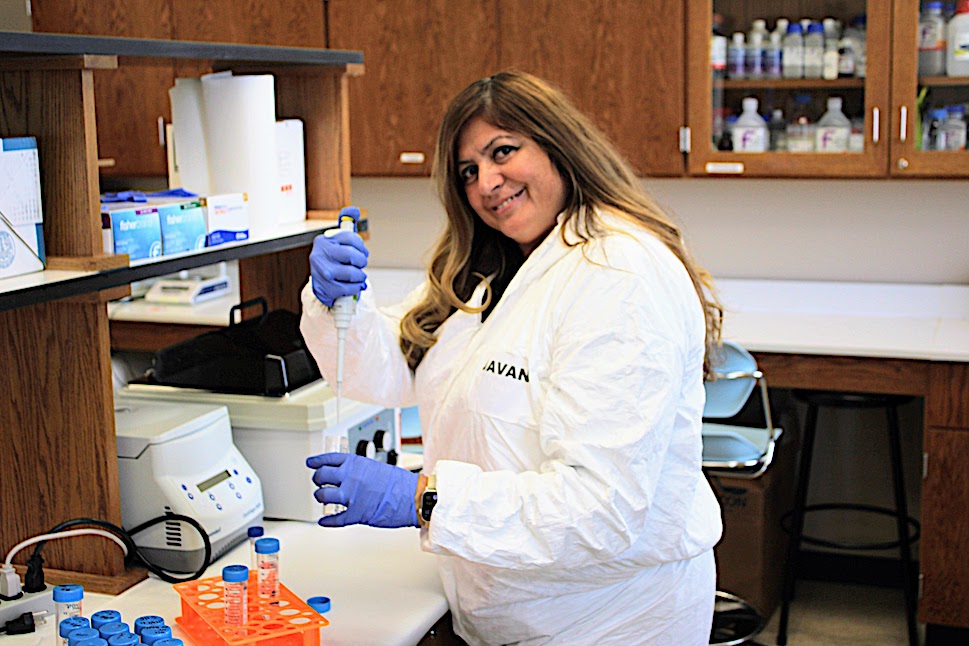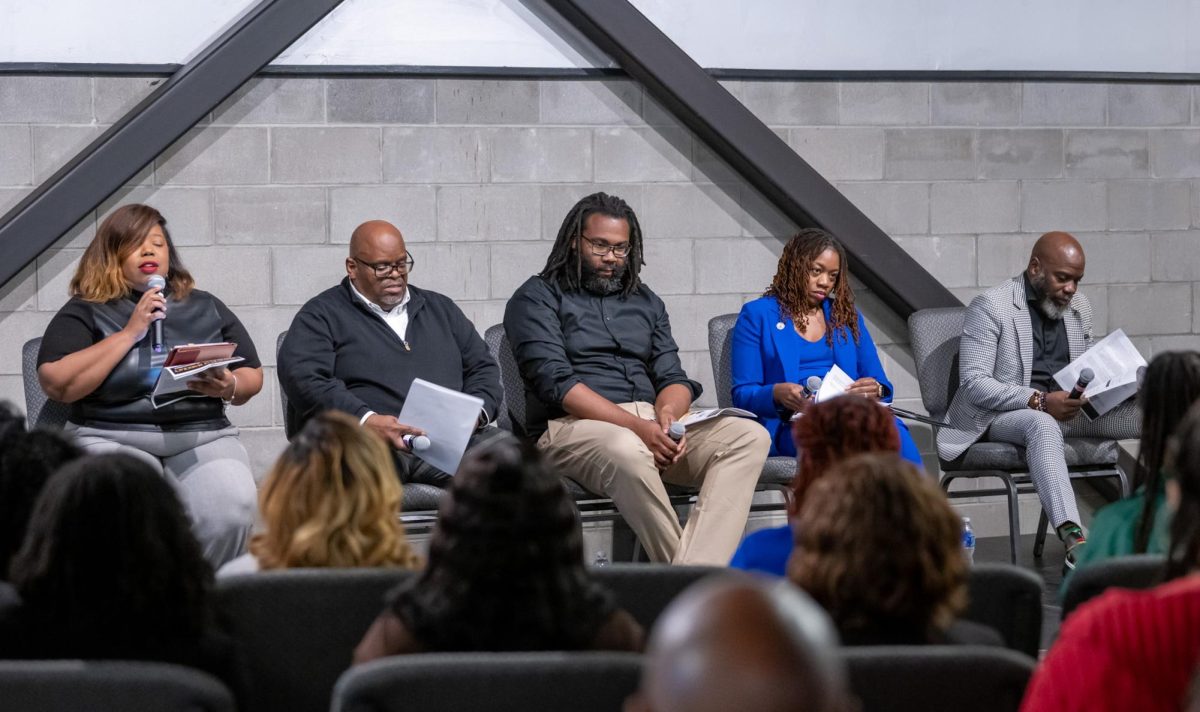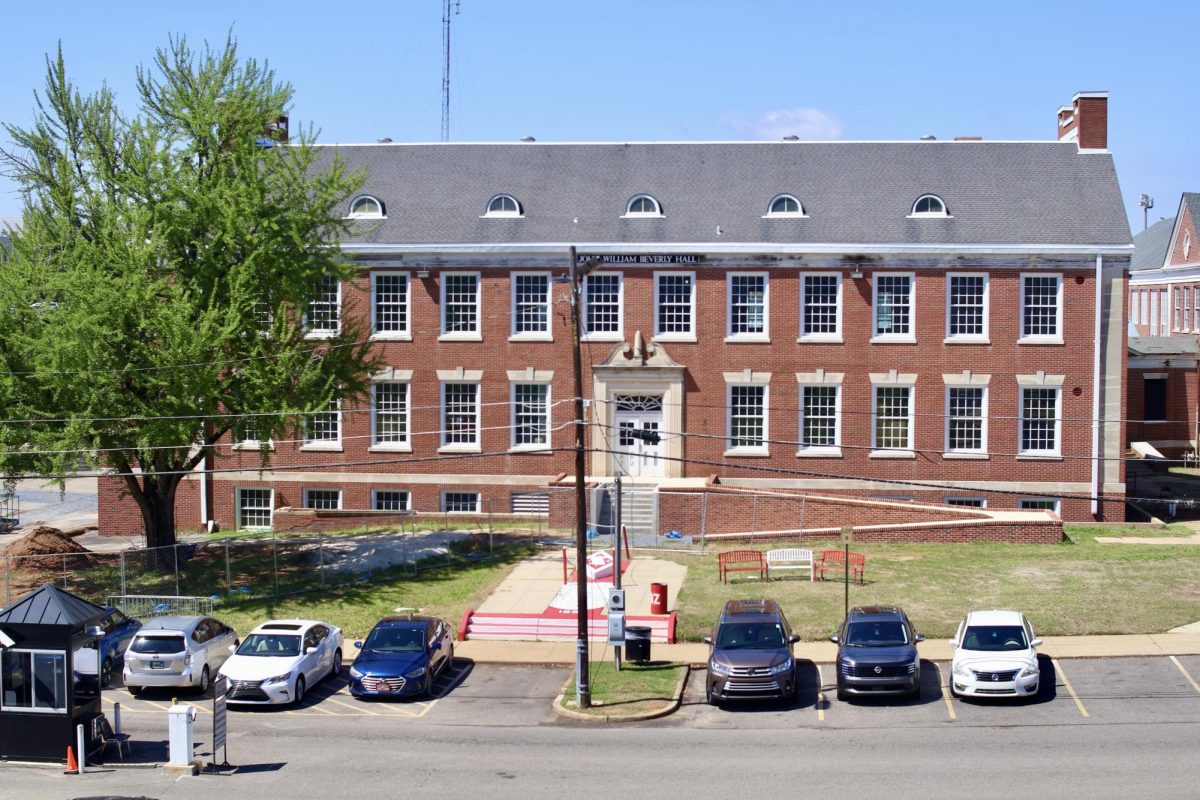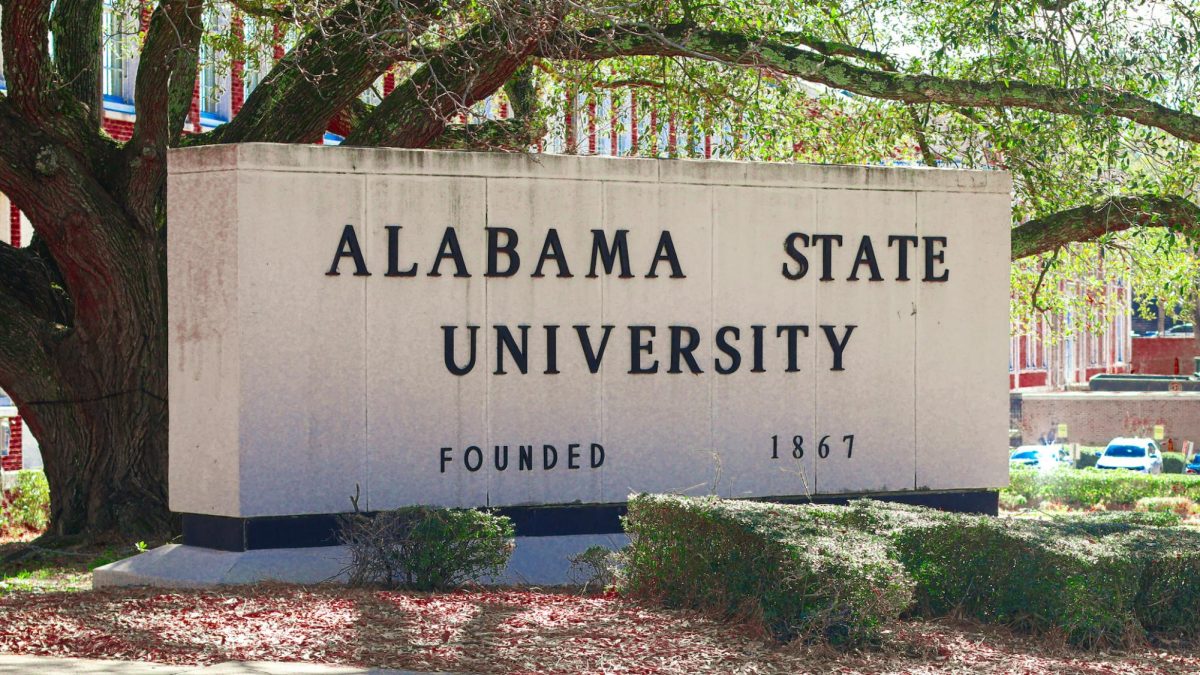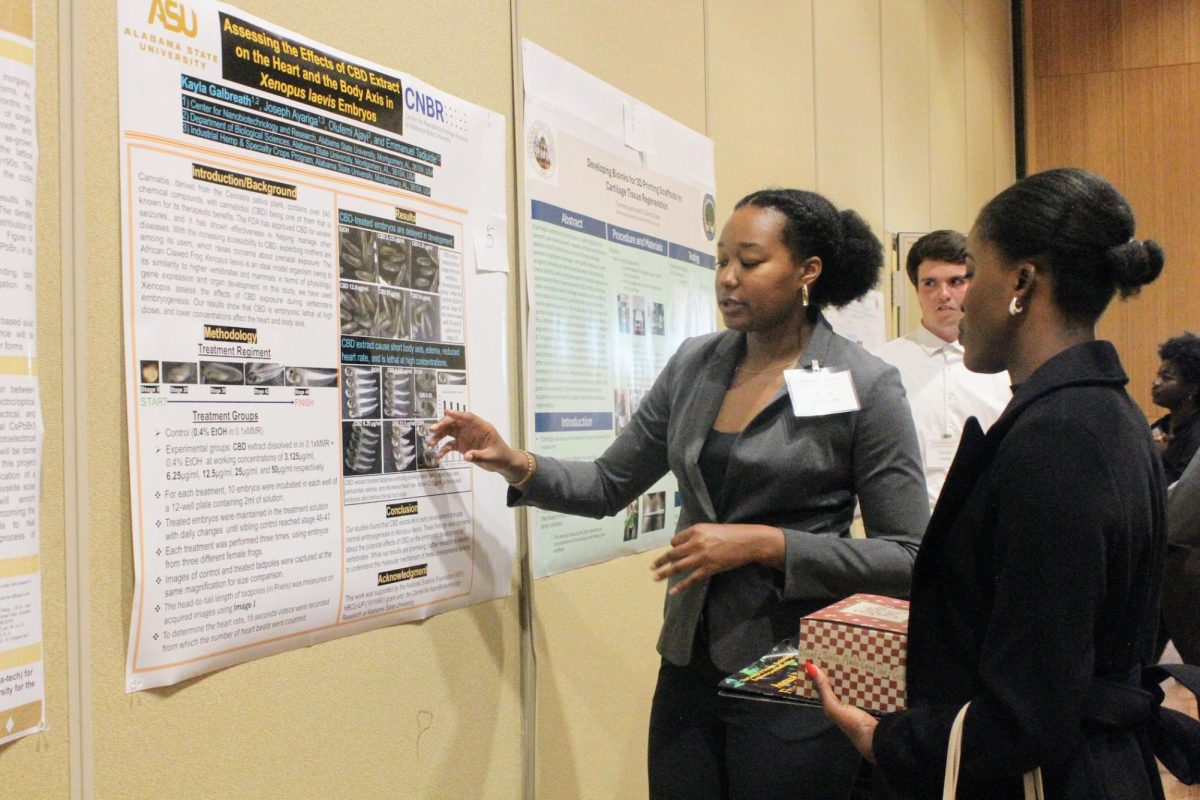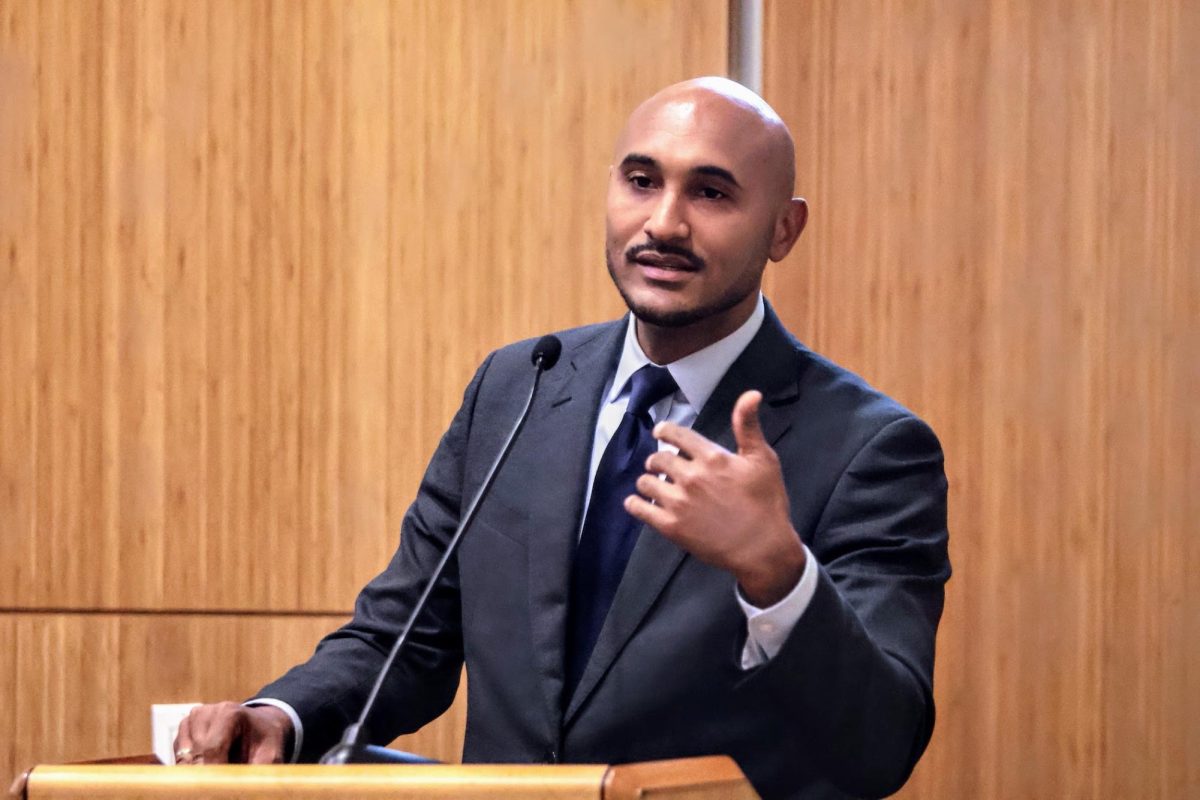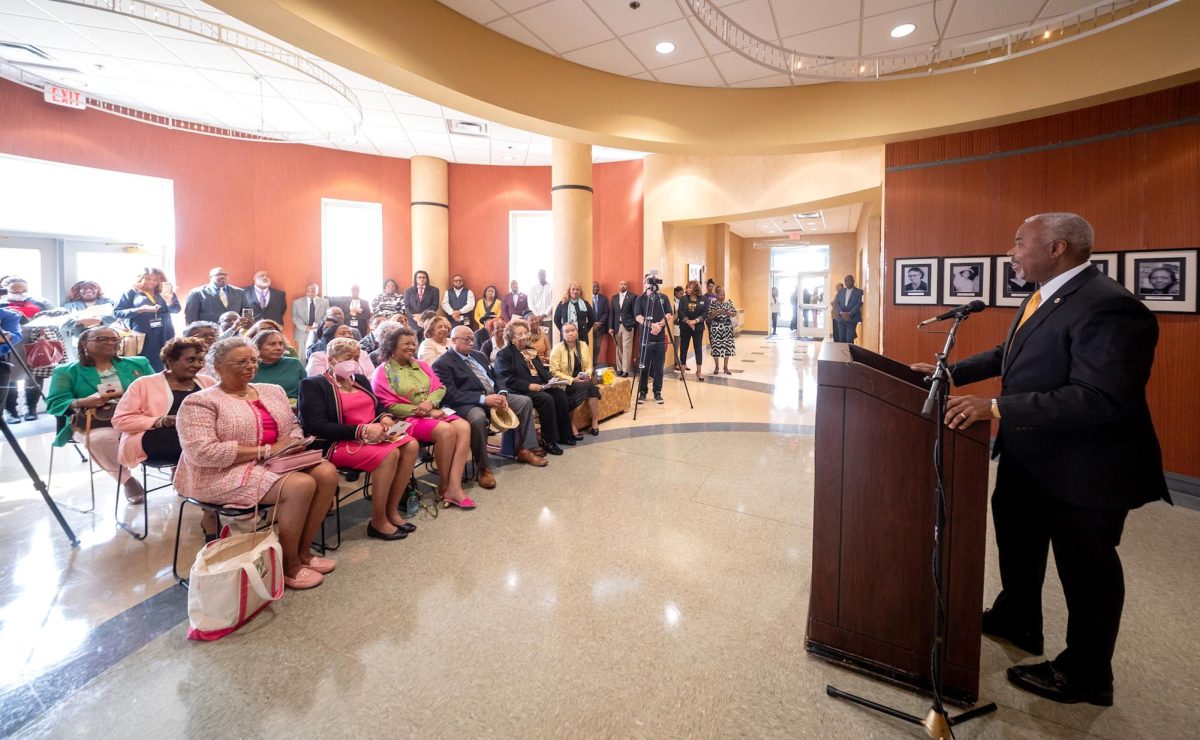Death by cocaine has taken a toll on the American population, and a forensic science professor from Alabama State University is currently studying the problem through a grant that she received from the National Institute of Health (NIH).
Gulnaz Javan, Ph.D., has received a $375,000 grant from the National Institute of Health (NIH) Support for Research Excellence (SuRE) Program (R16) to help fight the scourge of drug-related deaths by studying microbiomes in deaths caused by cocaine overdose.
Javan will be working closely with Sheree Finley, Ph.D., on the three-year grant titled, “Investigating microbiota of the gut-brain axis and the impact of cocaine.”
Javan has been a multi-field forensic science professor at the university for 20 years. She says “cocaine abuse is a national crisis,” and that there are many important factors in life that this affects.
“Our ASU cocaine/death project begins Sept. 1, and its goal is to determine how microbiome (gut/stomach) composition and its related cocaine overdoses compare with the causes of death in 100 different bodies,” said Javan, who is affectionately nicknamed “Dr. Death” by her peers. “We will then build a neural network model that can be used to predict the cause of death based on microbial and metabolic signatures associated with liver and brain tissues.
This study will acquire tissues from cadavers (dead human bodies) through collaborations with medical examiners/law enforcement in Montgomery, Alabama and Pensacola, Florida and with an international morgue in Pavia, Italy, which is the largest morgue in Italy.”
When Javan learned that NIH offers the Support for Research Excellence (SuRE) Program (R16) grant, Javan knew that by applying for this grant and using the research team, it could shed some light on the effects and outcome of cocaine use which may help in curbing its use in a vulnerable population. The grant will supply Javan’s lab with enough funding to educate and improve undergraduate students’ hands-on knowledge in conducting, analyzing, comparing, and contrasting with other research, and to draw conclusions that can be used by scientific communities to improve approaches in battling this crisis.
Javan uses criminals as the cocaine cadavers. Before the criminals died, they provided consent to donate their bodies to science.
Some Alabama State University students were asked how they felt about the use of criminals for this study.
“I feel great about the experiment,” freshman David Anderson, a criminal justice major said. “A dead corpse is a great subject to do an experiment on, figuring out the causes and effects of cocaine.”
Freshman Essence Davis, a business management major agrees.
“It is really good opportunity to give the students a hands-on experiment,” she said. “I am very excited to test it.”
According to Javan “Cocaine abuse continues to be a national crisis, with the cost of addiction to illegal drugs in the United States related to criminal activity, lost work productivity, and medical care totaling more than $740 billion per year.
In particular, African Americans, who make up 13.4% of the U.S. population, disproportionately bear the burden of cocaine use and overdoses. Multiple studies have shown that prolonged use of cocaine affects the gut microbiota, which in turn alters hypothalamus-pituitary activity and emotional behavior.”
Javan said that the research project has the potential to aid forensic investigators and law enforcement in solving homicides worldwide and has received a great deal of attention in national scientific and news publications.
“Our Javan Lab at Alabama State University is the only research group in the nation that has access to national and international cadavers from criminal cases such as homicides, overdoses, and suicides,” stated Finley. “I am very excited to be a part of this NIH grant and it is our hope that several unanswered forensic questions will be elucidated by this postmortem microbiome and cocaine overdose research.”


